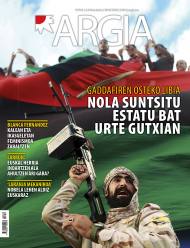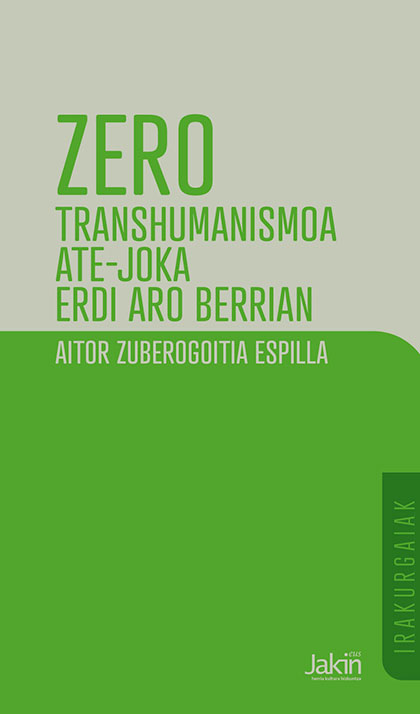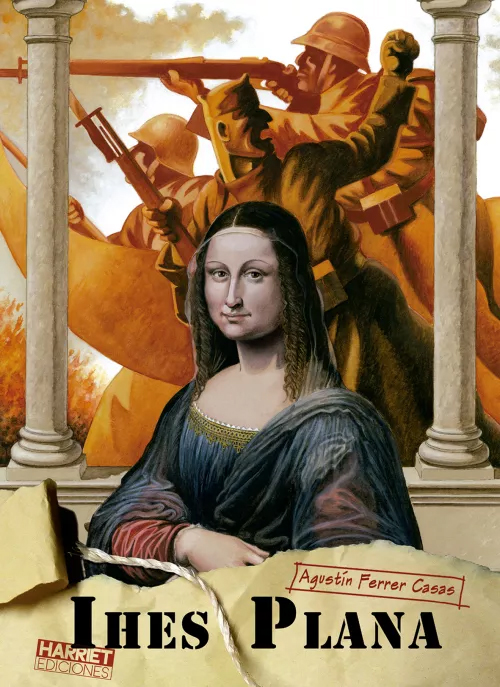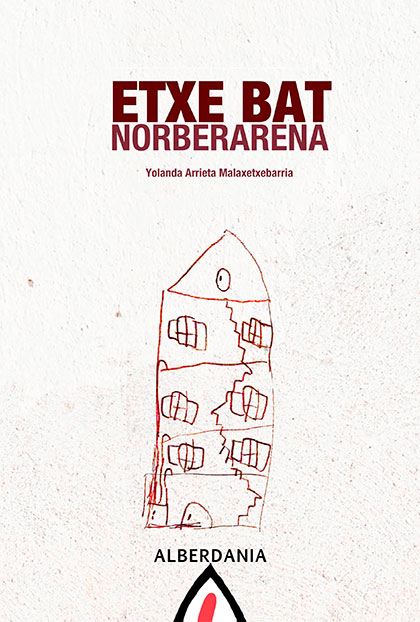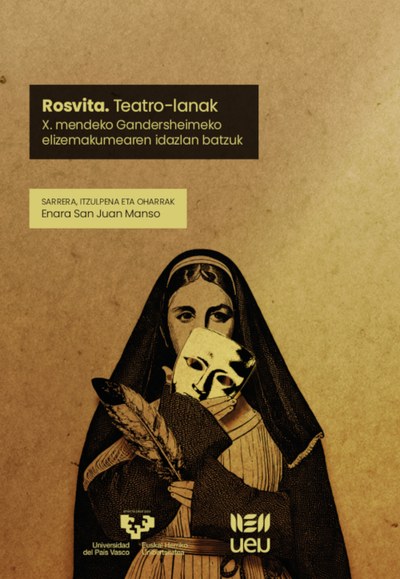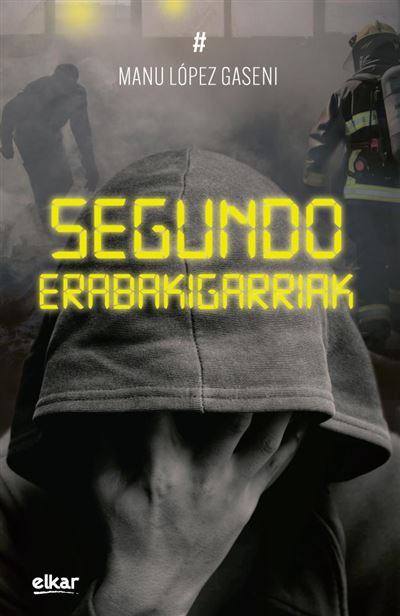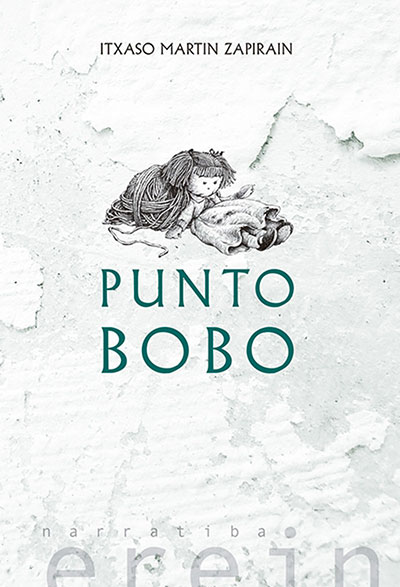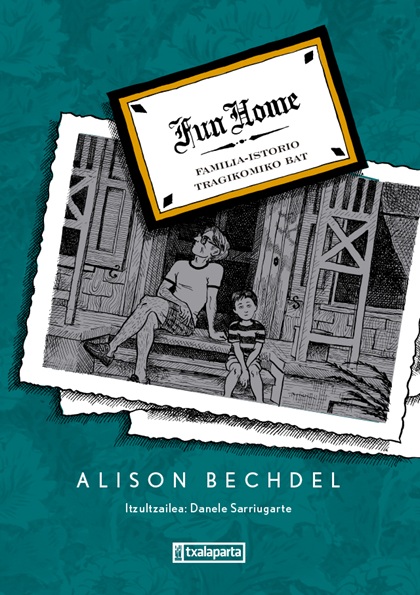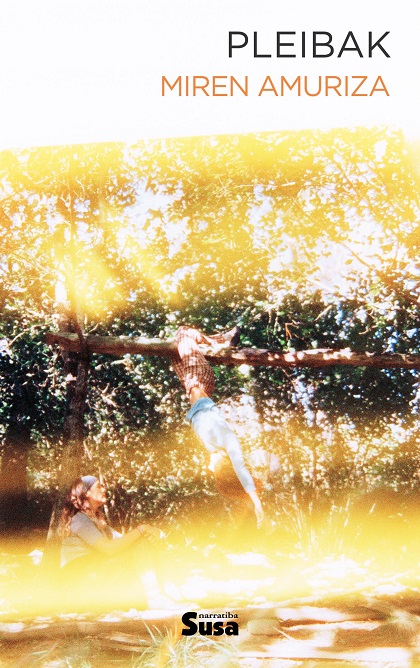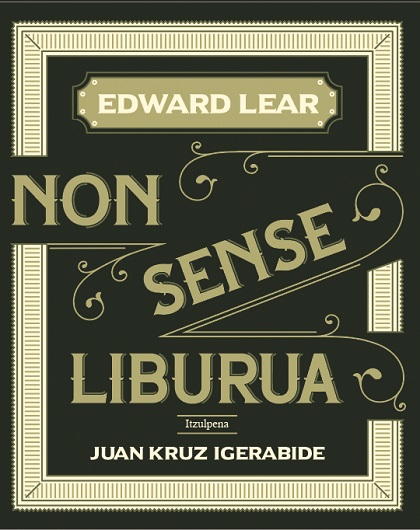Landscape in the framework of battle
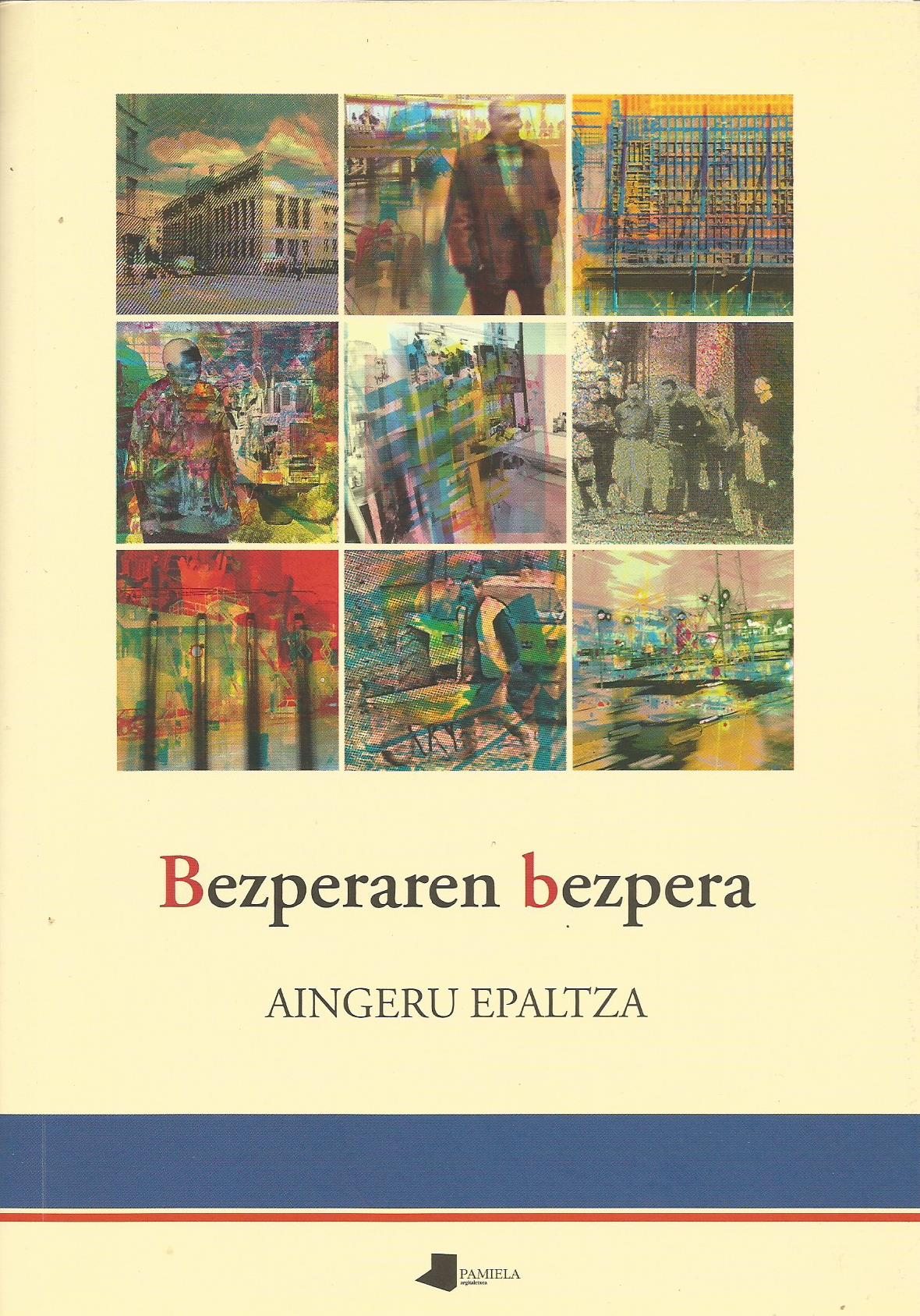
I remember that I proposed it to the cultural supplement that I was working on at that time, to comment on the eve of the Eve. The reason it was not made was time, that the book was not the novelty of the novelty – in spring I wanted to comment that came out for Durango, the usual thing. I devoured the reason, of course, but now, when I read the book, I think of the reason it can be. Aingeru Epaltza’s first attempt – after no more – was made by Xabier Mendiguren, a writer who wrote all the good books. Jon Kortazar says that “we should accept it as the author’s intellectual autobiography,” although perhaps the most concrete thing is to admit it as a political autobiography. Yes, I agree with the opinion of the critic: Epalza does it with mastery.
From the time when the armed struggle was “the most important mark of the Basque for me and others like me”, until the time when it is warned “of the collateral damage that the armed actions brought to the Basque Country and to the Basque culture”, Epalza is a rigorous political account of the interval between Franco’s death and the publication of the book, aware that “we are on the eve of the end of a time”. Or the day before the day before.” Epalza shows us the landscape in the framework of battle, a landscape that is often desolate – “It seems that because of the desire to build the Basque Country, we have not been able to consolidate the foundation of the Basque Cultural, Economic and Social People” – a landscape that is not always entirely correct – “The gods here are no one for Endarlatsa”; Epaltza himself will also give clear proof of it – if any. But very honored. “Today, the inhabitants of both communities are too far away politically. The analysis of the factors that have influenced this distance is entirely personal, among others, these pages.”
Among other things, because being political memories written by a writer, the informative notes on literature could not be lacking: “Except for exceptions, the novels entangled in our bloody work are written by Basque writers, not Castilian speakers.” But above all we find the narrative of landscape in the framework of battle, which is undoubtedly seen from the landscape next to battle.
Zero. Transhumanismoa ate-joka erdi aro berrian
Aitor Zuberogoitia
Jakin, 2024
-----------------------------------------------------------
Hasieran saiakera filosofiko-soziologikoa espero nuen, baina ez da hori liburu honetan aurkitu dudan bakarra. Izan ere, biografia... [+]
Ihes plana
Agustín Ferrer Casas
Itzulpena: Miel A. Elustondo
Harriet, 2024
---------------------------------------------------------
1936ko azaroaren 16an Kondor legioko hegazkinek Madrilgo zenbait museori egin zieten eraso. Eta horixe bera da liburu honetara... [+]
Etxe bat norberarena
Yolanda Arrieta
Alberdania, 2024
Gogotsu heldu diot irakurketari. Yolanda Arrietaren obra aski ezaguna zait eta iragan maiatzean argitaratu zuen proposamen honetan murgiltzeko tartea izan dut,... [+]
Rosvita. Teatro-lanak
Enara San Juan Manso
UEU / EHU, 2024
Enara San Juanek UEUrekin latinetik euskarara ekarri ditu X. mendeko moja alemana zen Rosvitaren teatro-lanak. Gandersheimeko abadian bizi zen idazlea zen... [+]
Idazketa labana bat da
Annie Ernaux
Itzulpena: Leire Lakasta
Katakrak, 2024
Decisive seconds
Manu López Gaseni
Beste, 2024
--------------------------------------------------
You start reading this short novel and you feel trapped, and in that it has to do with the intense and fast pace set by the writer. In the first ten pages we will find out... [+]
When the dragon swallowed the
sun Aksinja Kermauner
Alberdania, 2024
-------------------------------------------------------
Dozens of books have been written by Slovenian writer Aksinja Kermauner. This is the first published in Basque, translated by Patxi Zubizarreta... [+]
Puntobobo
Itxaso Martin Zapirain
Sowing, 2024
----------------------------------------------------
The title and cover image (Puntobobo, Wool Bite and Rag Doll) will suggest mental health, making the point and childhood, but more patches will be rolled up as the book... [+]
Itsasoa bete urre
Dani Martirena
Irudiak: Ana Ibañez
Txalaparta, 2022
--------------------------------------------
Liburu honetara barneratzen den irakurleak sentsazio ugari izango ditu. Deigarria da azaleko letren urre kolorea eta zuritasuna, goialdean ageri den... [+]
Migranteak
Issa watanabe
1545 argitaletxea, 2024
-------------------------------------------
Ezagutzen ez nuen 1545 argitaletxeak 2024an itzuli eta kaleratu du Issa Watanaberen Migranteak liburua. Animalia talde batek egiten duen migrazio prozesua kontatzen du; eta... [+]
Adania
Shibli
Translation: Aitor Blanco Leoz
Igela, 2024
----------------------------------------------
During these days, an Israeli soldier is bombarding hospitals, schools, Palestinian refugee camps with drones as if it were a video game, while in the West we see on... [+]
Fun Home. A tragic family
history Alison Bechdel
Txalaparta, 2024
---------------------------------------------
Fun Home. Alison Bechdel is known for the first publication of the graphic novel A Tragic Family Story (2006), although he himself participated in several... [+]
PLEIBAK
Miren Amuriza Plaza
Susa, 2024
--------------------------------------------------
Susa has published Miren Amuriza's second novel in the atrium of the Durango Fair: Plead. It's plebiscites because you're singing about an earlier recording. Berria includes the... [+]
Book Non sense
Edward Lear
Translation: Juan Kruz Igerabide
Denonartean, 2024
----------------------------------------------
The writer and illustrator Edward Lear published this work in 1846. As Igerabide says in the prologue of the book, “nonsense humor, absurd... [+]
Hetero
Uxue Alberdi
Susa, 2024
----------------------------------------------------
In the era of negationism, the manosphere and trolls, the contribution of literature is essential, because it is an exceptional instrument to look at the folds of reality: the situations... [+]









